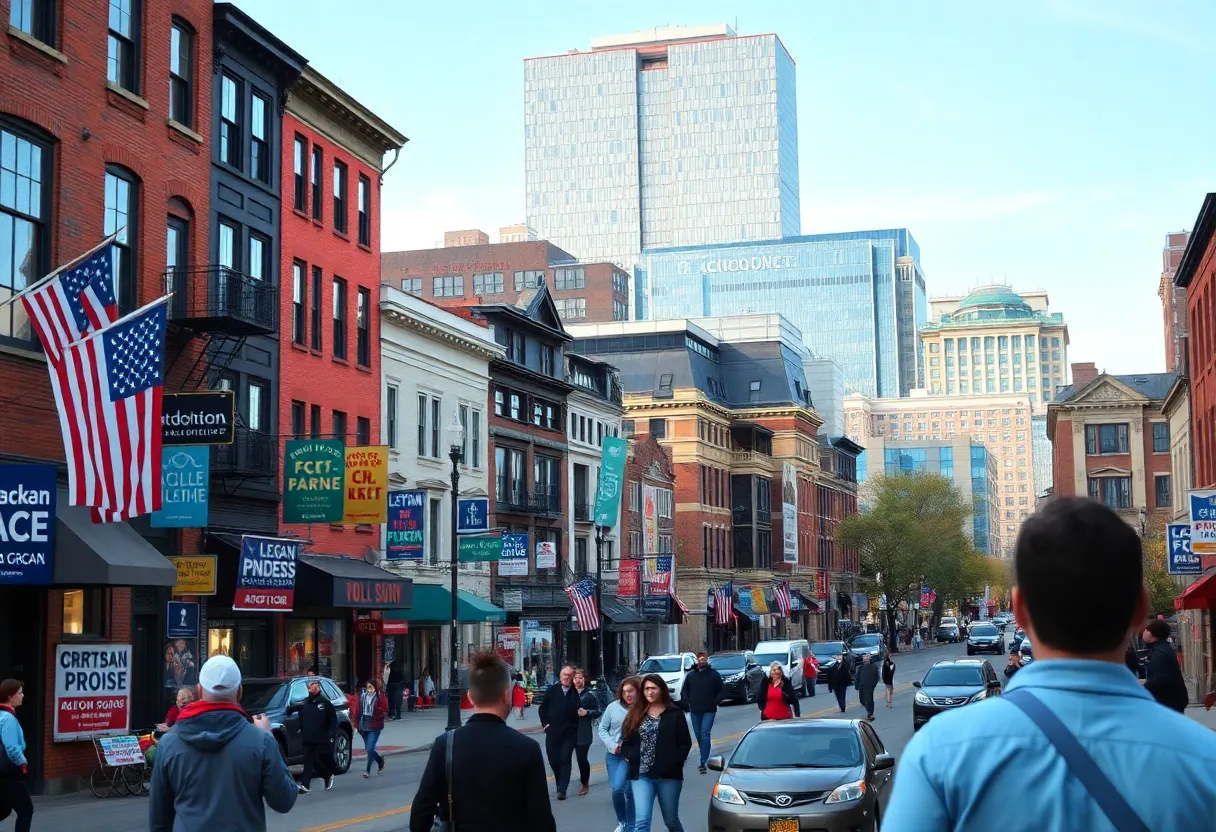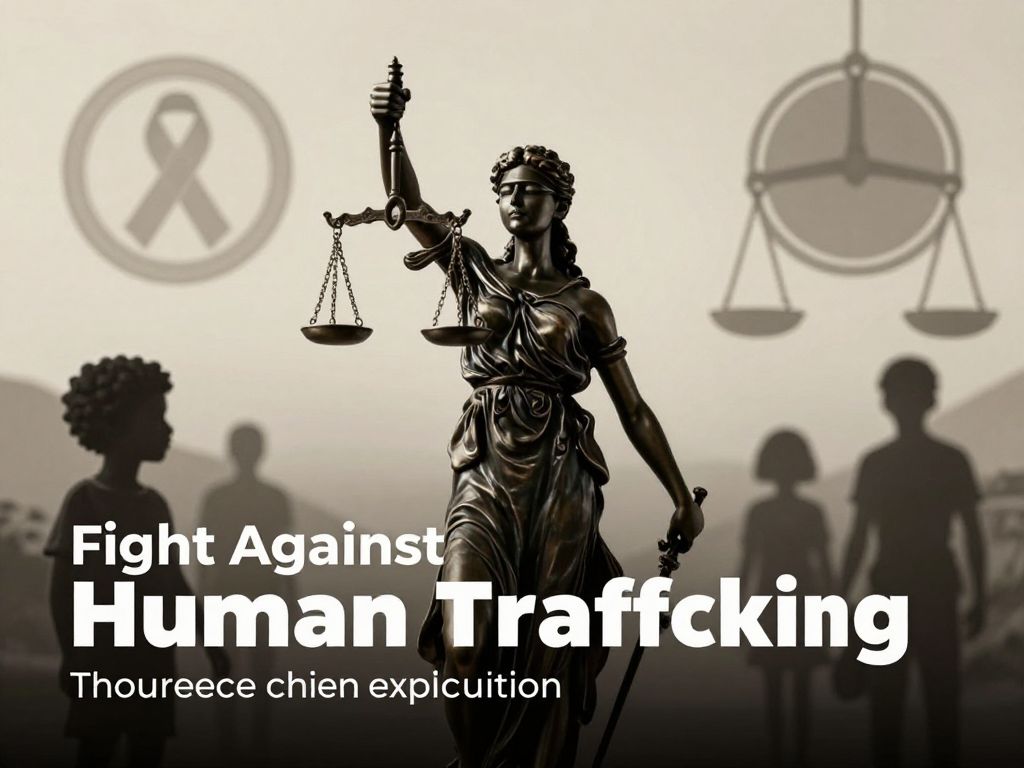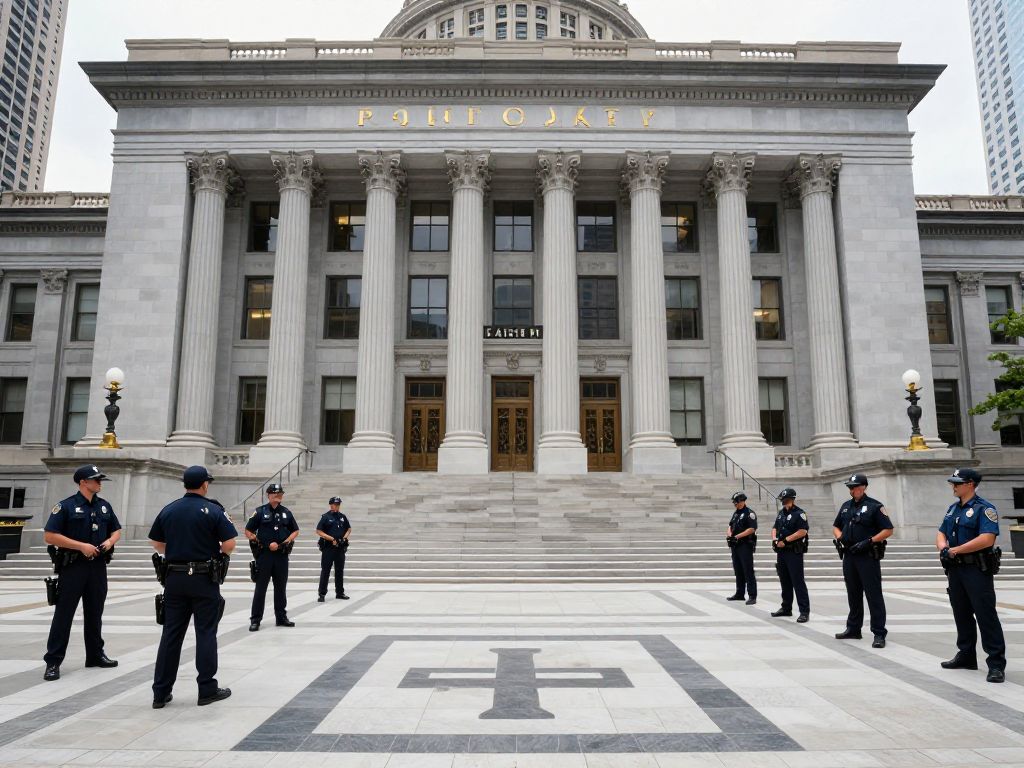News Summary
Josh Kraft’s mayoral campaign in Boston faces scrutiny as a super PAC linked to him spends $2.4 million attacking incumbent Mayor Michelle Wu. Critics argue that the funds could be better spent, pointing to Kraft’s lack of substantive policies and campaign tactics. Wu, making her reelection bid, highlights her integrity and past progress, including significant initiatives. The race, seeing unprecedented financial backing, is set against a backdrop of key issues such as housing affordability and public safety, creating a contentious political atmosphere.
Boston’s Mayoral Race Faces Controversy Over Super PAC Spending
Boston, MA – The mayoral campaign of Josh Kraft, who is the son of New England Patriots owner Robert Kraft, is embroiled in controversy as a super PAC associated with his candidacy has spent a staggering $2.4 million attacking incumbent Mayor Michelle Wu. This recent increase in spending by an additional $1 million has sparked significant backlash, with critics arguing that such funds could be better utilized elsewhere.
Critics have voiced concerns over Kraft’s campaign tactics, which they believe lack substantive policy proposals and lean heavily on negative advertising against Wu. Notably, Kraft’s performance in the initial mayoral debate raised eyebrows when he was unable to articulate which ward he was in, leading to doubts about his preparedness and understanding of local issues.
In response to growing critiques, Kraft has sought to distance himself from his father’s wealth and political connections, particularly those with Donald Trump. However, his acceptance of large sums for campaign funding while promoting a negative campaign has led some to label him a hypocrite.
Meanwhile, Wu has officially launched her reelection campaign, focusing on her integrity and dedication to the city of Boston, despite acknowledging her flaws. Wu made history in 2022 as Boston’s first female and first person of color mayor, winning several progressive initiatives, including proposals for free public transportation and rent control, that have garnered public support.
Background on Candidates
Josh Kraft boasts a background in philanthropy and leadership, having served for 30 years at Boys & Girls Clubs of Boston, though he has never held an elected office. Other potential challengers such as City Councilor Ed Flynn and real estate developer Thomas O’Brien considered running but ultimately withdrew, leaving Kraft and Wu as the primary candidates. Independent activist Domingos DaRosa has also entered the race.
Both Kraft and Wu are Democrats, although the race is officially classified as nonpartisan. The preliminary election is scheduled for September 9, followed by the final election on November 4. Polling data indicates that Wu currently enjoys a favorable position, with 43% of surveyed voters supporting her, compared to 29% for Kraft.
Key Issues in the Campaign
Housing affordability has emerged as a focal point in the campaign. Kraft has proposed a strategy involving “opt-in rent control” along with property tax incentives, while Wu has criticized this approach as simply a “good landlord tax break.” Wu’s administration has previously attempted to introduce a rent control plan but faced challenges in securing support from state lawmakers.
Both candidates have expressed support for the Boston Trust Act, which limits local police cooperation with federal immigration authorities amidst ongoing tensions relating to immigration policies from the Trump administration.
Concerns regarding Kraft’s campaign financing have intensified, especially given that he recently lent himself $2 million for his campaign, further entwining his financial status with voter perceptions. Historically, fundraising for Boston’s mayoral races has not reached these levels, with Wu raising $2.6 million in her previous campaign, while Kraft’s fundraising has thus far surpassed Wu’s current totals.
Public Sentiment and Challenges
Criticism towards Wu’s administration has also focused on her handling of public safety and homelessness, particularly relating to the issues at the Mass. and Cass area. Additionally, she has faced opposition for her management of city infrastructure changes, notably bike and bus lanes that have not been well-received by all residents. Kraft has capitalized on this growing dissatisfaction, positioning his campaign as a vehicle for change regarding urban planning and transportation policies.
This mayoral race is shaping up to be one of the most financially contentious contests in Boston’s history, driven in large part by the influence of super PAC spending.
Deeper Dive: News & Info About This Topic
HERE Resources
Boston’s Shift Towards Vocational Education Amid Rising Costs
Massachusetts’ Operation Patriot Leads to Major Immigration Arrests
Boston Mayoral Race Intensifies Over Immigration and Infrastructure
Boston Housing Construction Slows Significantly
Boston Mayoral Forum Addresses Immigration Tensions
Super PAC Boosts Funding for Josh Kraft’s Mayoral Campaign
Boston Launches Comprehensive Summer Safety Plan
Boston Mayoral Race Heats Up Between Wu and Kraft
Super PAC Backs Josh Kraft Against Mayor Wu in Boston
Boston Mayoral Race Intensifies as Kraft Invests $2 Million
Additional Resources
- Boston.com: Boston’s Mayor Race Issues Divide
- NBC Boston: Poll Analysis Wu-Kraft
- Boston Globe: Mayor’s Race Money Wu-Kraft
- MassLive: Ballot for Boston Mayor City Council
- Sportico: Boston Mayoral Election Wu-Kraft Sports Ties
- Wikipedia: Boston Mayor
- Google Search: Boston Mayoral Election 2025
- Google Scholar: Boston Mayoral Election
- Encyclopedia Britannica: Boston
- Google News: Boston Mayor Election 2025

Author: STAFF HERE BOSTON WRITER
The BOSTON STAFF WRITER represents the experienced team at HEREBoston.com, your go-to source for actionable local news and information in Boston, Suffolk County, and beyond. Specializing in "news you can use," we cover essential topics like product reviews for personal and business needs, local business directories, politics, real estate trends, neighborhood insights, and state news affecting the area—with deep expertise drawn from years of dedicated reporting and strong community input, including local press releases and business updates. We deliver top reporting on high-value events such as Boston Marathon, Head of the Charles Regatta, and Boston Harborfest. Our coverage extends to key organizations like the Greater Boston Chamber of Commerce and Associated Industries of Massachusetts, plus leading businesses in finance, biotech, and insurance that power the local economy such as Fidelity Investments, Biogen, and Liberty Mutual Insurance. As part of the broader HERE network, we provide comprehensive, credible insights into Massachusetts's dynamic landscape.





